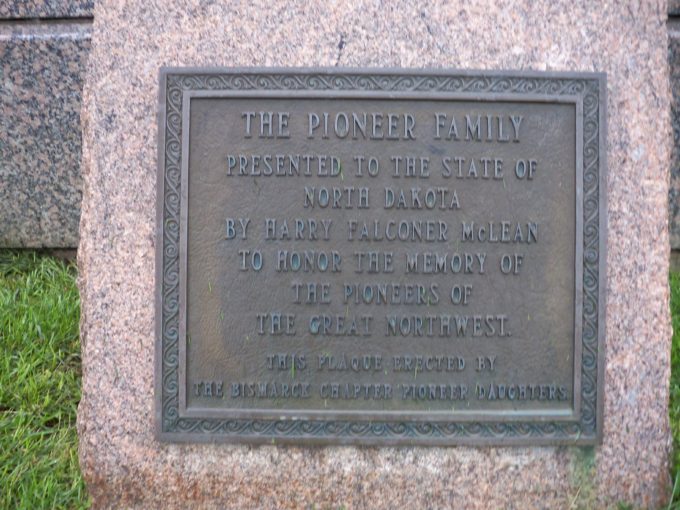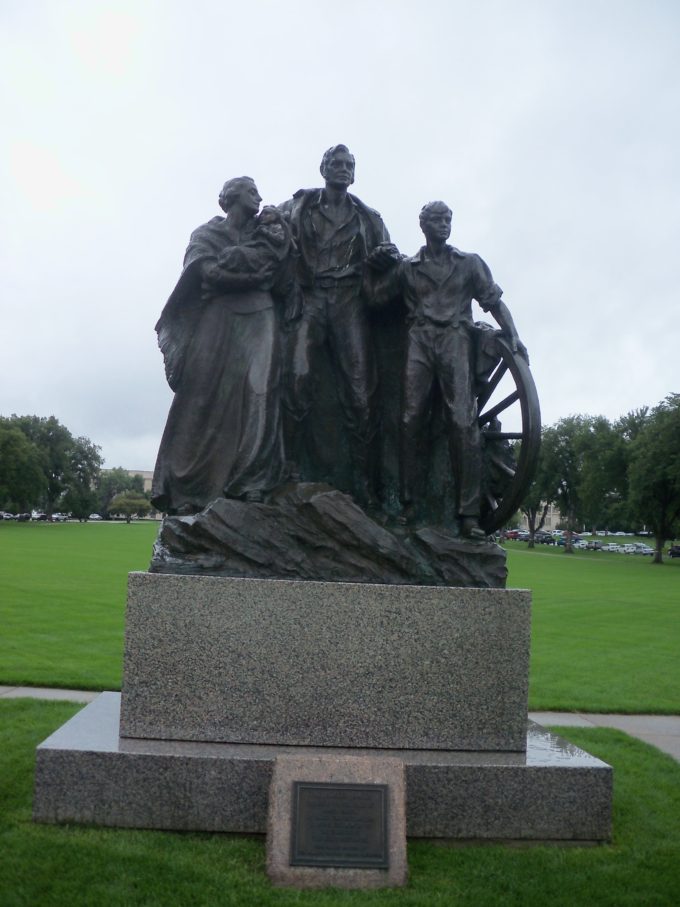
Monday, 9 September 2019
But above all, my brethren, do not swear, either by heaven or by earth or with any other oath. But let your “Yes” be “Yes,” and your “No,” “No,” lest you fall into judgment. James 5:12
James now steps onto another path of warning and command. He begins with “But above all.” The Greek reads, “However, before all things.” It is the preeminent thought that must be considered. After this, he again (for the fourteenth time in the epistle) addresses the “brethren,” calling them the personal “my brethren.”
With this note of importance and yet with a personal touch to indicate that this is a matter from his heart to theirs, he says, “do not swear.” This is not speaking of profanity, but rather it refers to the taking of an oath of some sort, be it a promise or a vow or the like.
From there, he then says, “neither by heaven or by earth.” It is an all-inclusive statement concerning the created order. Nothing which is a part of creation should be considered as a point of making an oath, such as, “I swear by the stars,” or “I swear by my bank account.” The reason for this is that it is idolatry. It places a value and an importance upon something less than God, which is reserved to God alone.
From there, he says, “or with any other oath.” Someone may simply swear an oath without attaching something of value to it – “I swear that I will do this thing.” James says that we are not even to do this. There are two reasons for this. The first is that it implies that our vow stems from a point of self-worth. In other words, the idolatry of self is actually involved in it. Secondly, there should be no need for such a vow.
When we speak, our words should simply be taken at face value as reliable. As James then says, “But let your ‘Yes’ be ‘Yes,’ and your ‘No,’ ‘No.’” The words from our mouths should be clear enough to be understood without ambiguity, and they should be reliable enough that when another hears us speak, he should understand that the word is confirmed by the character of the man.
James then explains why this is so by saying, “lest you fall into judgment.” He is referring to the entire thought. Judgment will come if we turn our vow into an idolatrous one by swearing when it is connected to something else – be it a created thing, or even self. Judgment will also come if we speak Yes or No, and yet we are not truthful in our words. We have both lied, and we have proven that we cannot be trusted. How much worse is this when we speak as Christians and thus bring discredit upon the name of the Lord because of that title which we bear!
Jesus explains this same precept in Matthew 5 –
“Again you have heard that it was said to those of old, ‘You shall not swear falsely, but shall perform your oaths to the Lord.’ 34 But I say to you, do not swear at all: neither by heaven, for it is God’s throne; 35 nor by the earth, for it is His footstool; nor by Jerusalem, for it is the city of the great King. 36 Nor shall you swear by your head, because you cannot make one hair white or black. 37 But let your ‘Yes’ be ‘Yes,’ and your ‘No,’ ‘No.’ For whatever is more than these is from the evil one.” Matthew 5:34-37
Understanding these things, this verse is unfortunately taken to an unintended extreme by those who attempt to appear more pious than the Bible intends. The way they do this is to refuse to make any vows at all. First, this is contradictory to Scripture because vows are found not only under the law but in other dispensations as well. Secondly, when a vow or an oath is made under the law (which Jesus would not contradict the law in His words), the people of Israel were instructed to take their oaths in the name of the Lord –
“You shall fear the Lord your God and serve Him, and shall take oaths in His name.” Deuteronomy 6:13
“You shall fear the Lord your God; you shall serve Him, and to Him you shall hold fast, and take oaths in His name.” Deuteronomy 10:20
The reason why this is both acceptable and appropriate is that it is rightly placing the Lord as the surety of the vow. It is not idolatry because it is acknowledging that He is the source of all things, and that He alone is worthy of this honor. If Jesus and James had intended for their words to be exclusive of this precept, they would have explicitly said so. But instead, they focused on that which is created and left the precept concerning the Creator untouched, and thus confirmed, as an appropriate precept.
Life application: We have gone through four and one-half chapters of James imploring his reader to live in certain ways, reject various evil attitudes and practices, and to be careful in all kinds of situations. And yet, he comes to this thought and says, “But above all.” In other words, this is hugely important and will guide us to where we can easily attain the other admonitions he has already given us.
Think on how terrific life would be if everyone stuck to James’ words and could be trusted with their simple words of Yes or No! Instead, when someone makes a claim, he will often add in, “Really, I swear!” James says this is sin. If you can’t be trusted with the statement without such a vow, then you can’t be trusted when you make it with such a vow. Adding in more only makes it worse – “Really, I swear on my mother’s grave!” Now he has not only added folly to his statement by swearing, but he has committed idolatry by including an oath connected to something other than the Creator.
By doing this, he has exalted his “mother’s grave” above God! The Lord mandated that vows be made in His name because they are the only oaths which can be acceptable. There is no higher vow that can be made. This is also why the testimony of atheists is of no value. Their moral corruption can never be trusted under any circumstances.
The state of Tennessee understood this precept and included in their constitution this statement – “No person who denies the being of God, or a future state of rewards and punishments, shall hold any office in the civil department of this State.” If a person denies God, then nothing he says can be trusted. When you speak, may your words be of such a high caliber that you can be trusted with a mere “Yes” or “No.”
Lord, we know people who possess high integrity, and we wish to be considered among their ranks. Give us wisdom when we speak so that we will utter words that can be trusted by all. And give us the greater wisdom to follow through with the words we have spoken – confirming the trust placed in our words by others. Amen.




